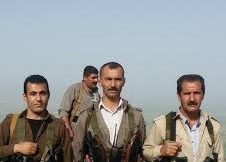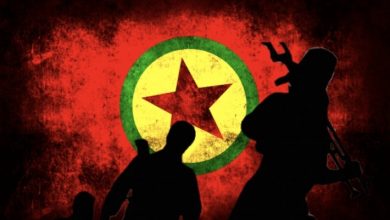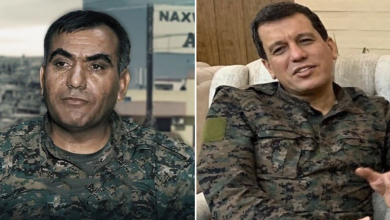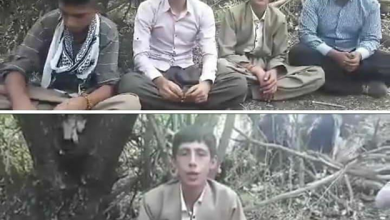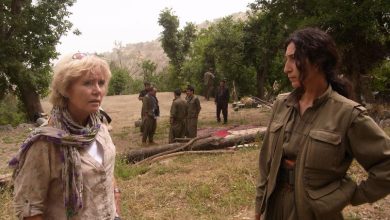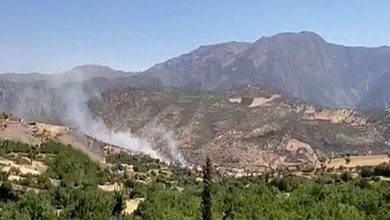If one refers to the public opinion, the image that has existed since the early years of the 1979 revolution on Kurdistan province or other Kurdish areas in western Iran, it is accompanied by a picture of insecurity and conflict, and even some are populistic views believed the Kurds “behead”! Although the atmosphere in these areas has radically changed, it cannot be denied that they were able to get rid of that inappropriate legacy. No Kurd can deny the Kurds’ development and progress in various educational, social, economic and other fields over the past four decades, but the situation in the border areas, especially in the rural areas, is still far from the favorable one. The main reason for the gap between the current situation and the desirable one is the security of the border regions, but if we compare this border region with the Azeri-inhabited region on the Iranian border with the Republic of Azerbaijan in Ardebil province, Gilan, why their differences are so significant that one is underdeveloped and the other one far better?
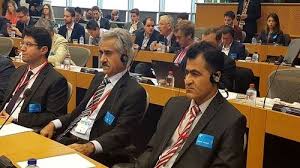
The answer to this question must be found in the existence, behavior, performance, and most importantly the continuation of the armed groups actions that, after four decades, who have either not yet realized their mistake nor want to admit to be wrong. In both cases, the result is nothing but insecurity, underdevelopment and similar problems that can be attributed to Kolbar (illegally carrying goods from the border for earning money to live – as just one of the consequences of this behavior and performance. With this explanation, we need to know whether armed groups such as the Democratic Party of Iranian Kurdistan and the Komala, which later split into several smaller branches, had a proper assessment and analysis of their past behavior. By examining the actions and statements of their leaders, their actual situation can be described as follows:
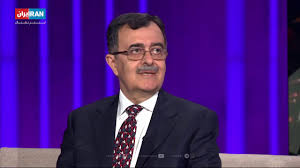
Over the past few years, these armed groups have divided themselves into smaller branches, and many have left, returned to, or left for Europe. This is one of the signs of the defeat of armed groups based in the Kurdistan Regional Government (KRG). Also, these armed groups have not been able to maintain their existence, so they have become smaller and weaker. During the past few decades, when these armed groups have not been active, we have witnessed the progress and development of the Kurdish regions compared to the time of their active presence, meaning that their absence is very useful to the people, as weapons and violence are at against progress and development.
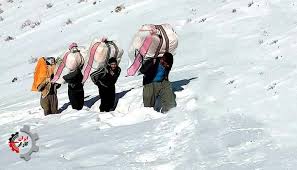
On the other hand, the Free Life Party of Kurdistan (PJAK) and other PKK affiliated organizations such as KODAR have also been added to the arena of armed groups, with no one willing to accept the other. This could mean that armed groups are only looking at the Kurdish issue from the angle of arms, and this is the best document to refute their claim to represent the demands of the people. The level of awareness of the Kurds is much more advanced than at the beginning of the 1979 revolution, and the level of analysis and awareness of ordinary people is far higher than that of the armed parties leaders. If the leaders of these parties were aware of the reality of the people’s lives, they would never have allowed themselves to be supported in the European Parliament or in networks such as Iran International. The Kurds never want armed groups to repeat the calamities of the beginning of the revolution, so it seems that with the tense atmosphere of Iranian-American relations, these groups are trying to do the same as the PKK did with the approach of the US invasion of Saddam. It thought that Iran would be attacked that same year too, so Osman Ocalan, a former member of the PKK’s leadership council, established a new party namely PJAK. If these armed groups were realistic and aware of the reality of Kurdish society, they would never have turned to armed violence. Violence is the enemy of development. If the violence-centered approaches continue, nothing can be foreseen except for Kolbar-ing and the underdeveloped Kurdistan.

